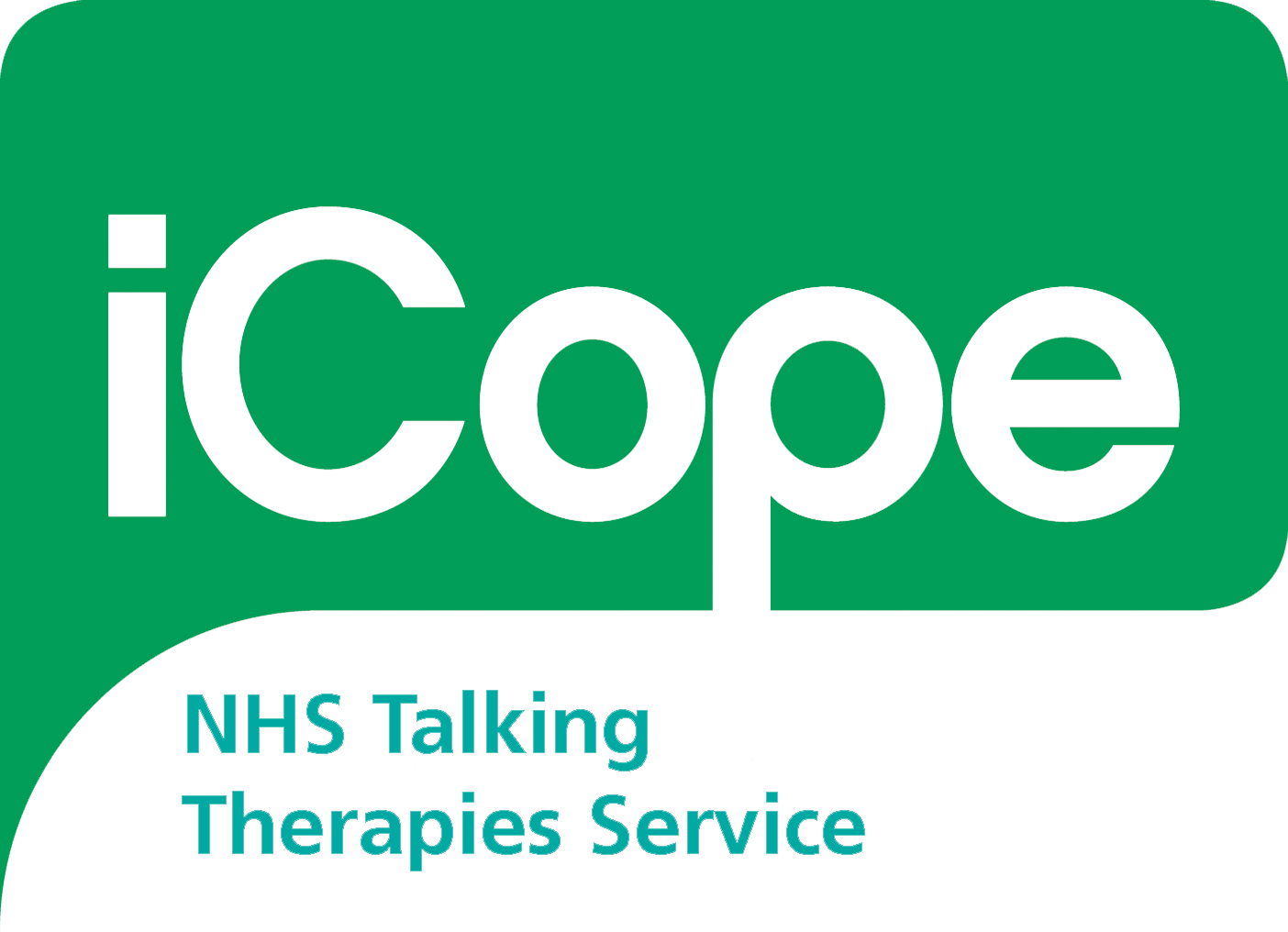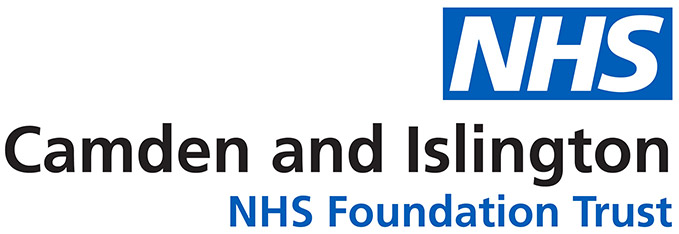Self-help tips
Self-help probably won’t complete get rid of your social anxiety, but it may reduce it and you might find it a useful first step before considering other treatments.
The following tips may help:
- Try to understand more about your anxiety and what might be keeping it going. Observe about what goes through your mind and how you behave in certain social situations, in order to help you get a clearer idea of the problems you want to tackle .
- Try to replace your unrealistic beliefs with more realistic ones – for example, if you feel a social situation went badly, think if there is any factual evidence to support this or if you may instead be making an assumption.
- As much as you can, during a social situation, try to divert your attention away from yourself and how you are feeling. Instead, to focus on the present moment. Focus on what is happening in the social interaction and pay attention to other people. Pay particular attention to things you can see and things you can hear. Try to keep in mind that your anxiety symptoms probably aren’t as obvious to others as you might think.
- Start to do activities that you’d normally avoid and reflect on the reality of them compared to any previous negative predictions. This can be very tough at first, so start with small targets and work slowly up towards more feared activities in a gradual way.
Recommended reading
Some people find that reading about social anxiety can help. There are many books based on the principles of Cognitive Behavioural Therapy (CBT). These books can help you understand more about your psychological problems and learn ways of overcoming them by changing your thinking and behaviour. To find out more about recommended books under the ‘Books on Prescription’ scheme click here.
For social anxiety, the recommended reading and further information is below:
Overcoming Social Anxiety and Shyness by Gillian Butler
This self-help manual explains why this common problem happens and sets out practical methods of resolving it. Full of real-life examples and written for those who suffer from all degrees of social anxiety and shyness, it contains a complete self-help programme and work sheets and is based on clinically proven cognitive behavioural therapy techniques.
Online self-help resources
A range of free self-help booklets are available online from the Northumberland, Tyne and Wear NHS Foundation Trust. They are informed by Cognitive Behavioural Principles and offer helpful information on recognising a particular problem, as well as providing practical strategies to overcome it.
These self-help booklets can be found here.




